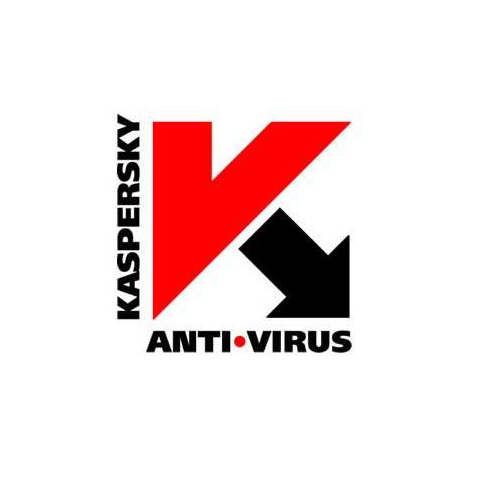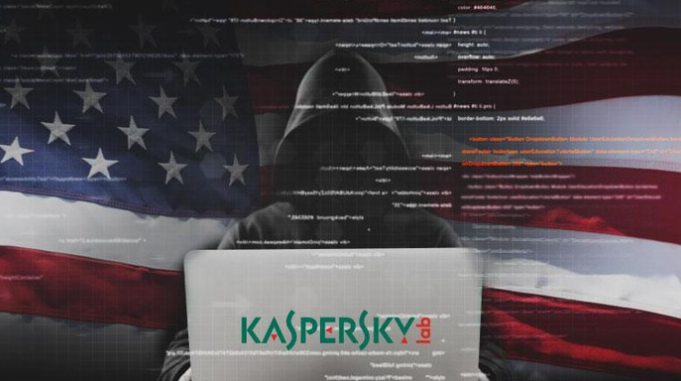Is it Safe to Use Kaspersky Antivirus?
Morrissey Technology – When the US government banned the operations of the antivirus company Kaspersky on the pretext of Russian influence, many opinions said it was just a potential without strong evidence. Even so, experts criticize that antivirus is actually not important. In June, the Joe Biden Administration announced sanctions against 12 executives and senior leadership of Kaspersky Lab, a Russian-based cybersecurity company. This announcement comes after the US Department of Commerce banned the sale of Kaspersky antivirus software in the US citing national security concerns.
“Today’s action against Kaspersky Lab leadership underscores our commitment to ensuring the integrity of our cyber domain and to protecting our citizens from dangerous cyber threats,” said Brian E. Nelson, Treasury Undersecretary for Terrorism and Financial Intelligence, in a statement, quoted from The Verge.
The sanctions include restrictions on those executives from starting businesses in the US. However, the company’s CEO and founder, Eugene Kaspersky, is not on the list of sanctioned individuals, nor is the company itself.
Kaspersky is also prohibited from providing anti-virus updates and code base updates to United States consumers and businesses starting September 30. In a press release, the US Department of Commerce urged anyone using Kaspersky software to “immediately switch to a new vendor to limit exposure of personal or other sensitive data to criminals due to the potential lack of cybersecurity coverage.”
On Saturday (20/7), Kaspersky began to officially stop its operations in the US in stages.
“In accordance with the Final Decision of the United States Department of Commerce, Kaspersky announces that it has terminated sales contracts for anti-virus software and cybersecurity products in the United States before July 20, 2024,” according to the company’s official statement.
“Starting July 20, 2024 Kaspersky will also gradually reduce operations and eliminate positions based in the United States.”
Until September 30 arrives, Kaspersky admits that it will continue to fulfill its obligations under all contracts. Nevertheless, in response to US authorities’ concerns, the company “proposed a comprehensive assessment framework that provides solution verification, database updates, threat detection rules by independent and trusted reviewers.”
“Kaspersky argues that the United States Department of Commerce’s decision was based on the geopolitical climate and not on an evaluation of the integrity of the company’s solutions so that users and companies in the United States are not getting best-in-class protection,” the company said.
History of suspicion
The global cybersecurity and digital privacy company founded in 1997 claims to protect more than 1 billion devices. Kaspersky also says it helps more than 220,000 corporate clients.
This suspicion of Kaspersky is not the first time, especially among NATO member countries, aka Allies. In 2017, according to a report by The Wall Street Journal, Russia stole classified information from the personal computers of US government contractors.
The reason is, the contractor who collaborates with the National Security Agency (NSA) stores files on his personal computer which uses Kaspersky antivirus. In a statement to The New York Times at the time, Kaspersky denied knowledge of or involvement in the incident.
However, that same year, the US Department of Homeland Security banned all federal agencies from using Kaspersky products on government servers. In 2018, the European Union Parliament decided to ban Kaspersky products.
“Calls on the EU to conduct a thorough review of the software, IT, communications equipment and infrastructure used in these institutions to exclude potentially harmful programs and devices, and to ban programs and devices that have been determined to be harmful, such as Kaspersky Lab,” according to information in the European Union Parliament report.
A year later, the European Commission, quoted by infosecurity-magazine, admitted they “did not have any evidence of any potential problems related to the use of Kaspersky Lab products,” and that “they did not make any reports” regarding the issue to find out Furthermore.
So, is Kaspersky antivirus trustworthy?
Czech antivirus company Avast revealed that many governments have warned against using Kaspersky products “even though none of the allegations have been publicly proven.”
“Whether you should trust Kaspersky or not depends on how reasonable you think the government’s warnings are,” the company said, quoted on its website.
“The potential security risks associated with using Kaspersky Internet Security and Kaspersky Total Security are just that: potential risks,” Avast continued, adding advice to turn to “reputable alternatives” if concerned about Kaspersky risks.
Is antivirus important or not?
Gunter Ollmann, CTO at independent cybersecurity firm IOActive, said that basically antivirus is not very effective in stopping cyber threats that continue to emerge and mutate every day.
“With millions of new threats every month, it is not surprising that the technology (and its approach) is increasingly lagging behind,” he said, quoted from the firm’s website.
He judges that changes to the way operating systems are developed and upgraded will provide far greater protection than antivirus.
“So, are antivirus products still capable of meeting your computer’s needs? As a stand-alone security technology, no, I don’t think so,” he said.
“I tend to look at other technologies that work at the network layer or within the cloud; stop what you can before [the virus] gets to the desktop,” Gunter continued.
In a similar vein, David Glance, Director of the UWA Center for Software Practice at the University of Western Australia, said that what is more important is a technology ecosystem that is strictly protected from loopholes. For example, by always updating software or operating systems.
“This is true in the case of Apple’s mobile operating system which has experienced few, if any, problems due to malware due to its built-in security and highly guarded application environment,” he was quoted as saying by The Conversation.
“Most likely if you always update your applications and operating system with the latest versions as soon as they are released, adding antivirus software may not bring any additional benefit and [in fact] may increase the risk,” he said.
https://marissajamiecoaching.com/-/slot-bet200/




